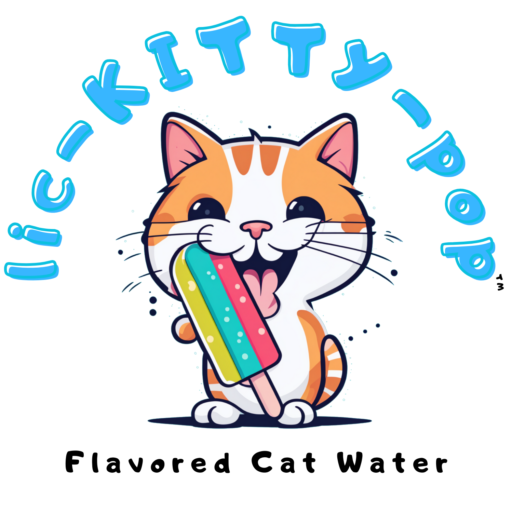Bone Broth For A Cat's Joint Health
Bone broth contains nutrients and compounds that might support joint health in cats, much like in humans and other animals. Here's how bone broth could potentially benefit a cat's joint health:
Gelatin and Collagen: Bone broth is rich in gelatin and collagen, which are derived from the bones, connective tissues, and cartilage. These compounds contain amino acids like glycine, proline, and hydroxyproline that are essential for joint health and can support the maintenance of cartilage.
Chondroitin and Glucosamine: Bone broth may contain chondroitin and glucosamine, natural compounds known for their potential to support joint health. These substances are often used as supplements to aid in maintaining healthy cartilage and reducing inflammation in joints.
Anti-Inflammatory Properties: Some components in bone broth possess anti-inflammatory properties. Reduced inflammation can alleviate discomfort in joints, potentially benefiting cats with conditions like arthritis or joint stiffness.
Hydration and Nutrients: Bone broth's liquid form can be a flavorful way to encourage hydration in cats. Proper hydration is crucial for maintaining healthy joints and preventing stiffness.
Improved Mobility: Cats experiencing joint stiffness or discomfort might benefit from bone broth's potential to support joint function. Enhanced joint health could contribute to improved mobility and comfort in everyday activities.
Support for Aging Cats: As cats age, they may experience age-related joint issues. Bone broth's nutrients, particularly those supportive of joint health, could aid in providing some relief and maintaining joint flexibility in senior cats.
Natural Source of Nutrients: Bone broth contains minerals, amino acids, and other nutrients that play a role in maintaining overall health, which indirectly supports joint function. These nutrients contribute to the overall well-being of a cat, potentially aiding joint health indirectly.
Palatability and Encouraging Consumption: Bone broth is often palatable for cats, making it an attractive option to encourage consumption, especially for cats with reduced appetites or those unwilling to consume supplements or medications.
Reduction in Joint Discomfort: The nutrients present in bone broth, such as collagen and amino acids, may contribute to reducing discomfort or pain associated with joint issues in cats. This might lead to increased comfort and improved quality of life for cats with joint concerns.
Promotion of Cartilage Health: Components like collagen and gelatin in bone broth might support the maintenance and health of cartilage in a cat's joints. This could potentially slow down the degradation of cartilage, especially in aging or arthritic cats.
Natural Support for Joint Lubrication: The gelatinous nature of bone broth might aid in lubricating the joints, potentially reducing friction between bones and improving joint mobility in cats.
Ease of Digestion: Bone broth is generally easy to digest, making it a suitable option for cats with sensitive digestive systems. This ease of digestion ensures that the nutrients in the bone broth are readily absorbed, potentially benefiting joint health.
Convenience in Administration: Bone broth can be easily incorporated into a cat's diet, either by mixing it with food or offering it as a standalone treat. This convenience in administration can encourage regular consumption, potentially yielding long-term joint health benefits.
Supports Recovery from Injuries: In cases where a cat is recovering from joint-related injuries or surgeries, bone broth's nutrient profile might aid in the recovery process by supporting tissue repair and overall joint health.
While bone broth could potentially assist in supporting a cat's joint health due to its nutritional content, it's essential to note that bone broth alone may not be a cure-all for joint-related issues in cats. Consulting a veterinarian is crucial to determine if bone broth is suitable for a cat, especially if the cat has existing joint problems or medical conditions. Veterinarians can offer guidance on appropriate supplements or dietary adjustments tailored to a cat's specific health needs.
It's important to introduce bone broth to a cat's diet gradually and in moderation. Some cats may have dietary sensitivities or specific health conditions that could be affected by new foods. Consulting a veterinarian ensures that the introduction of bone broth aligns with a cat's individual health needs and dietary requirements.
While bone broth might offer potential benefits for joint health in cats, it should not replace proper veterinary care and prescribed treatments for any existing joint conditions. Veterinary guidance is crucial in managing and addressing specific joint-related issues in cats.
(The text above was written by ChatGPT)
For the reasons above we're working on an entirely new way to water your cat and make sure they have all the hydration they need!
Will you join us on the frontier of Flavored Cat Water and let your let your cat know what it's really like to hydrate well?
©2023 Vontae Mack LLC. All Rights Reserved. Privacy Policy
